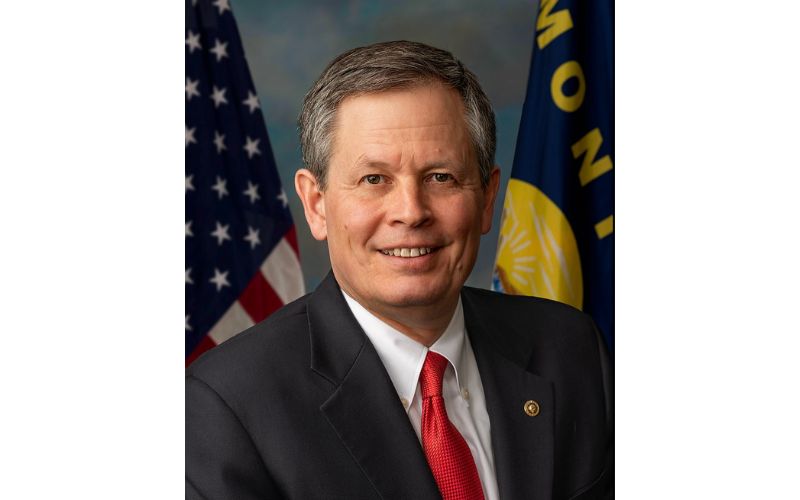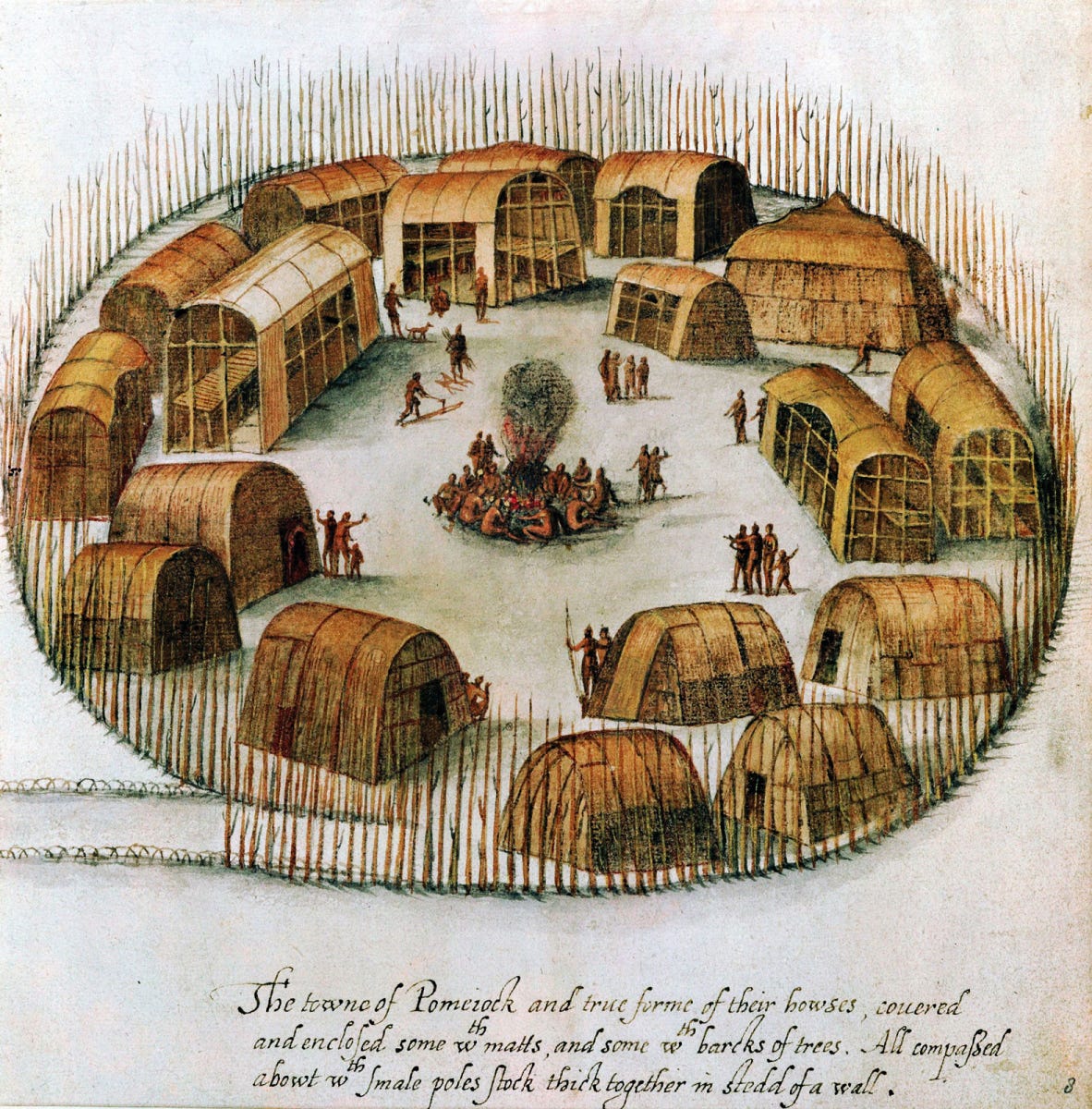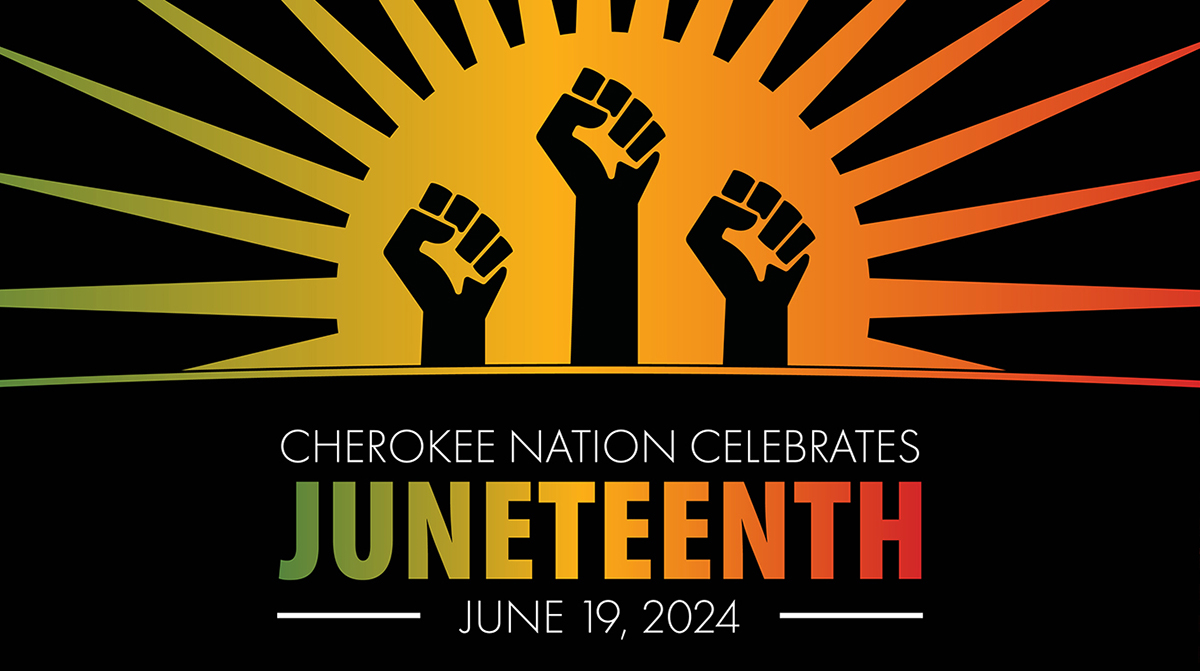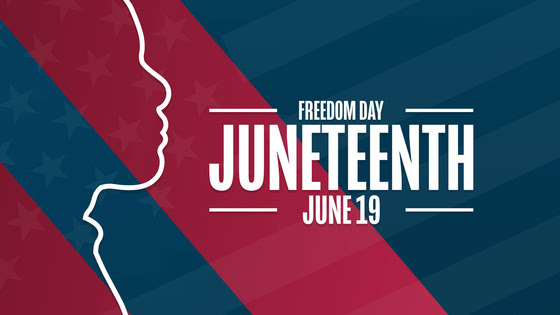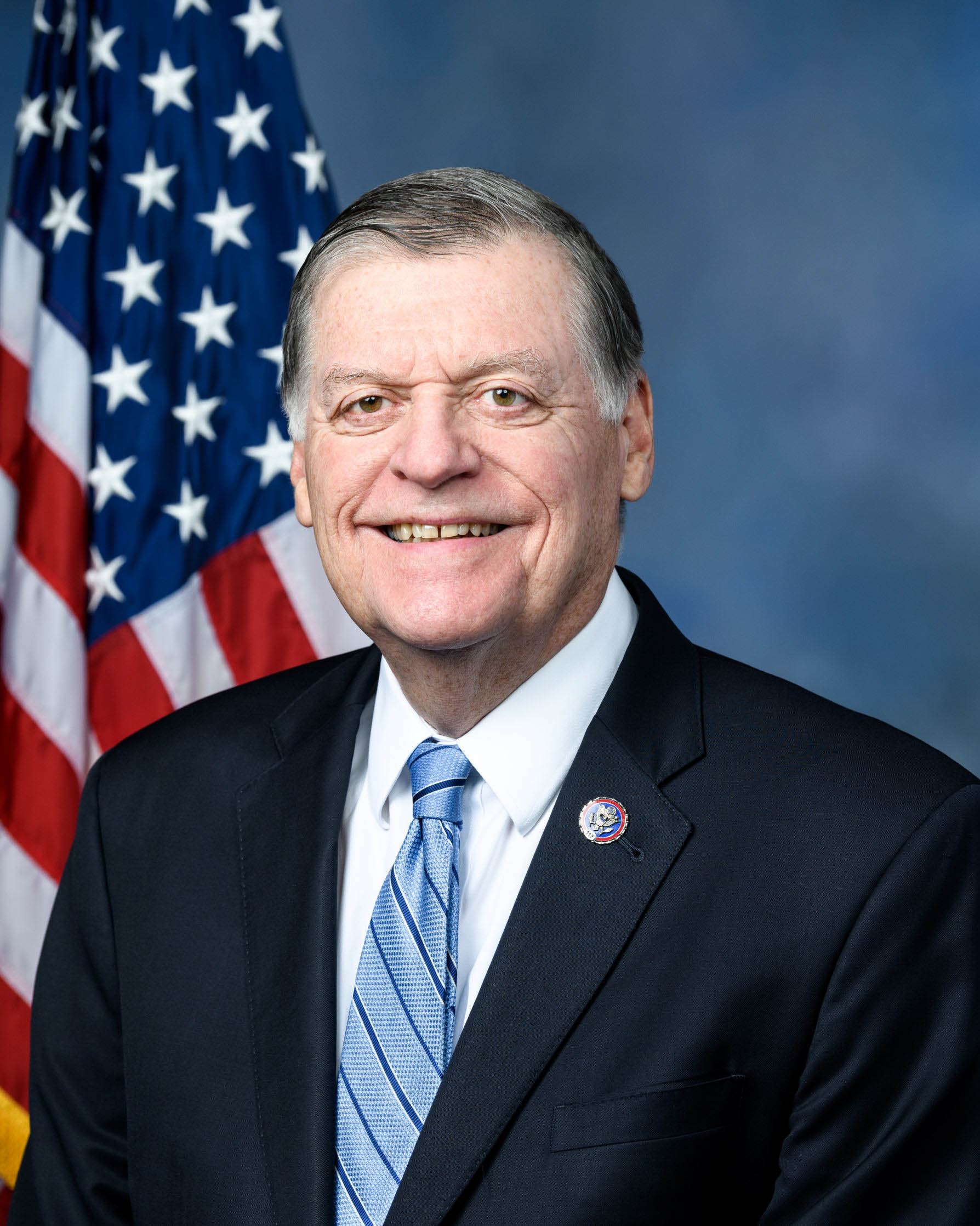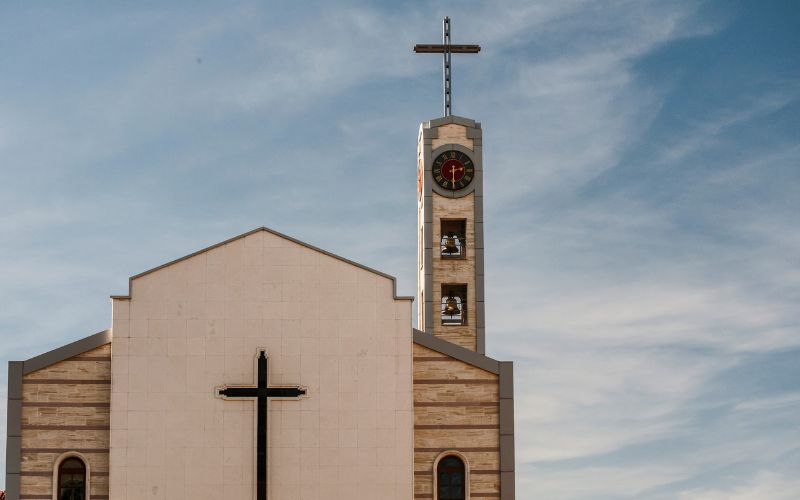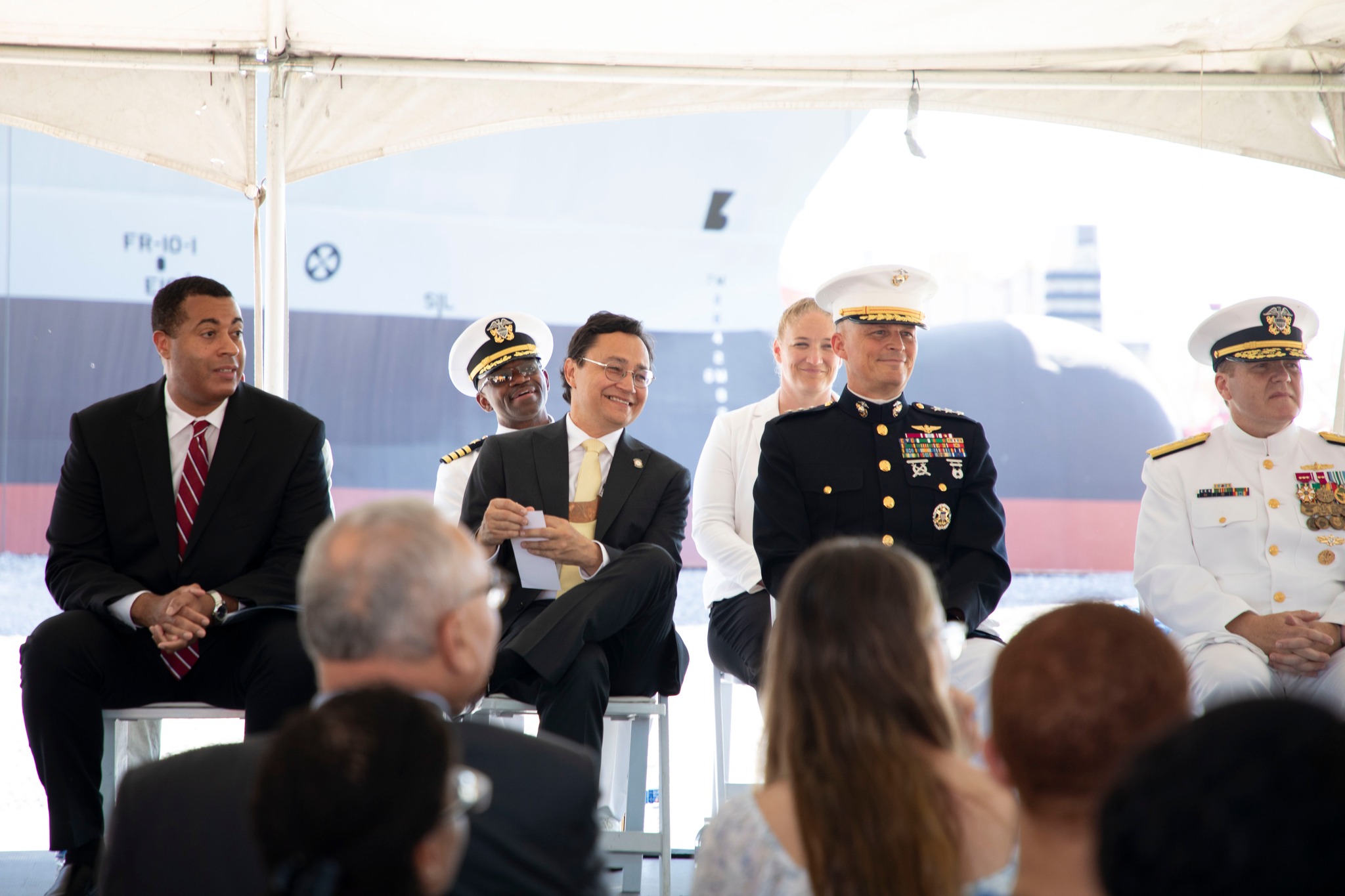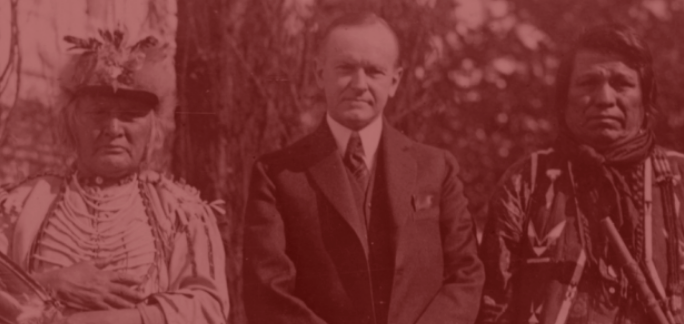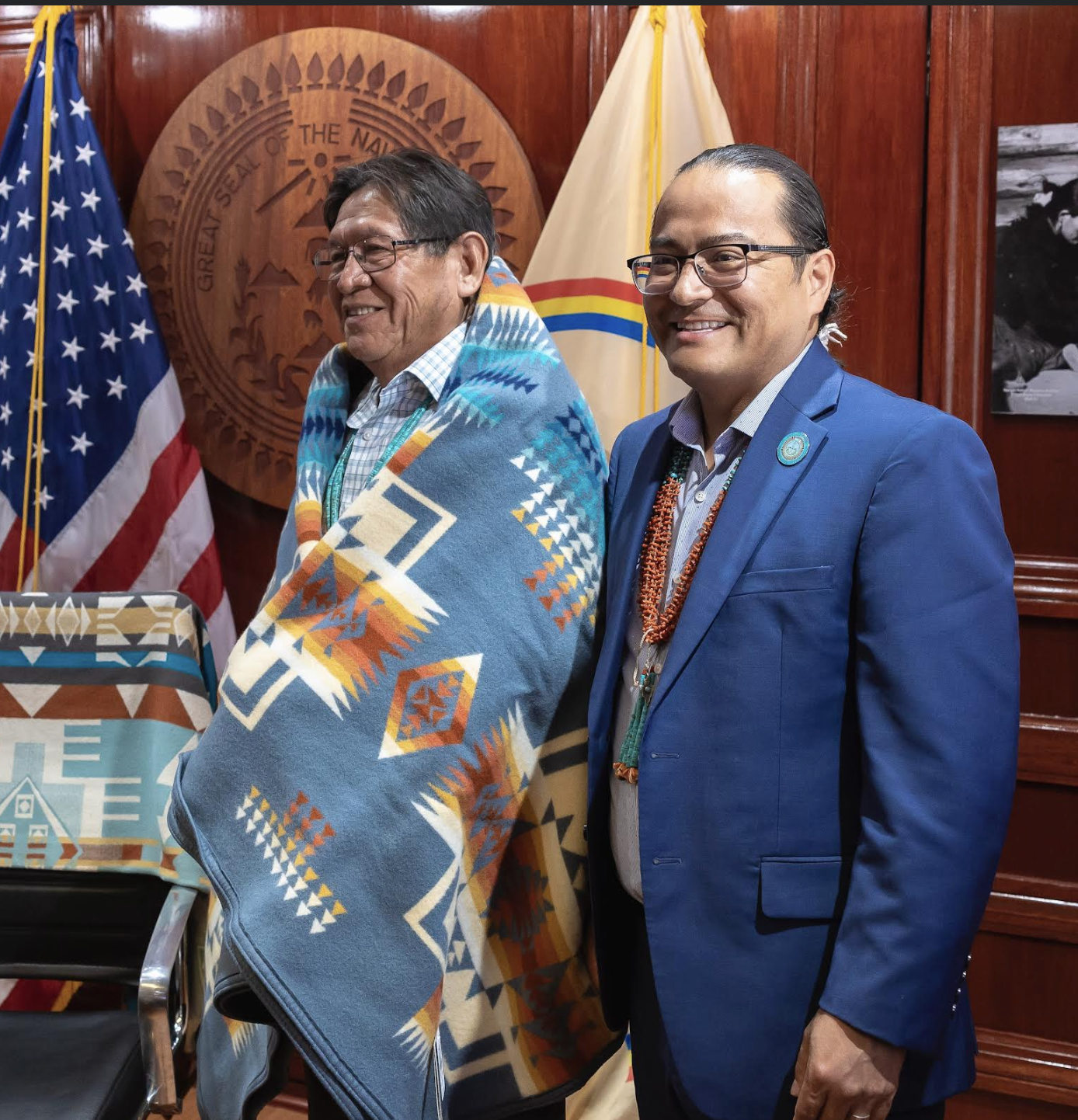Opinion
- Type: Default
- Ad Visibility: Show Article Ads
- Reader Survey Question: No Question
- Video Poster: https://nativenewsonline.net/images/10_Years_Logo.png
Opinion. Politics has gotten quite nasty this election season.
- Details
- By Levi Rickert
- Type: Default
- Ad Visibility: Show Article Ads
- Reader Survey Question: No Question
- Video Poster: https://nativenewsonline.net/images/10_Years_Logo.png
Guest Opinion. The governmental practice of making Native Americans disappear, or to be invisible ensures there is no land to claim or fraudulent land transfers to be revealed. If you can erase the evidence of their existence, then you can say they were “never here” and colonial hedonism can prevail.
- Details
- By Professor Victoria Sutton
- Type: Default
- Ad Visibility: Show Article Ads
- Reader Survey Question: No Question
- Video Poster: https://nativenewsonline.net/images/10_Years_Logo.png
Guest Opinion. Juneteenth marks a joyous moment in American history — the final emancipation of enslaved African Americans. This day, recognized every year on June 19, is a celebration of freedom and mark on our national journey toward equality and reconciliation with our difficult past. For the Cherokee Nation, Juneteenth is especially profound as we celebrate an important moment for the United States and also reflect on our own history.
- Details
- By Chuck Hoskin Jr
- Type: Default
- Ad Visibility: Show Article Ads
- Reader Survey Question: No Question
- Video Poster: https://nativenewsonline.net/images/10_Years_Logo.png
Guest Opinion. The story of Louis Tewanima, Hopi,a two-time U.S. Olympian, is a paradox of sorts: a contradiction between the policy of forced assimilation of Native peoples in America by the federal government, and the heroic feats of Tewanima who ably represented the United States; despite being held as “prisoner of war”; and while arguably, not a “legal” citizen of the United States.
- Details
- By Benjamin Nuvamsa
- Type: Default
- Ad Visibility: Show Article Ads
- Reader Survey Question: No Question
- Video Poster: https://nativenewsonline.net/images/10_Years_Logo.png
Editor's Note: This opinion was first published on June 19, 2021. It has been updated and is being republished today as the nation celebrates the Juneteenth federal holiday.
- Details
- By Levi Rickert
- Type: Headshot
- Ad Visibility: Show Article Ads
- Reader Survey Question: No Question
- Video Poster: https://nativenewsonline.net/images/10_Years_Logo.png
Guest Opinion. From the mid-seventeenth century till the early twentieth century, Indian boarding schools were used as a tool to assimilate Native American children away from their rich culture. Yet, for far too long, the history, policies, and devastating impacts of these schools have been unknown. As an enrolled member of the Chickasaw Nation of Oklahoma and the longest serving Native American in the House of Representatives, it is not lost on me the duty I have to educate and spread awareness about Indian boarding schools and other tribal issues.
- Details
- By Tom Cole
- Type: Default
- Ad Visibility: Show Article Ads
- Reader Survey Question: No Question
- Video Poster: https://nativenewsonline.net/images/10_Years_Logo.png
- Details
- By Levi Rickert
- Type: Default
- Ad Visibility: Show Article Ads
- Reader Survey Question: No Question
- Video Poster: https://nativenewsonline.net/images/10_Years_Logo.png
Guest Opinion. Cherokees are stewards of many proud traditions, from our art, music and festivities to our language, patriotism and spirit of Gadugi.
- Details
- By Chuck Hoskin Jr
- Type: Default
- Ad Visibility: Show Article Ads
- Reader Survey Question: No Question
- Video Poster: https://nativenewsonline.net/images/10_Years_Logo.png
Guest Opinon. America tried to kill my family and other Native families many times and many ways. Alexander the Great, Ghengis Khan, Julius Caesar and other conquerors often allowed new subjects to keep their land, titles, and prosperity as long as they bent their knees to the new rulers. America made no such offer to Native Americans. We had to relocate or die in the fastest dispossession in the history of the world. America paid veterans of theAmerican Revolutionary War in Indian land grants and it hadn’t even acquired the land from the Natives yet. That’s why the Office of Indian Affairs (now renamed the Bureau ofIndian Affairs) was originally housed in the Department of War.
- Details
- By Professor Anton Treuer
- Type: Default
- Ad Visibility: Show Article Ads
- Reader Survey Question: No Question
- Video Poster: https://nativenewsonline.net/images/10_Years_Logo.png
Guest Opinion. In his quiet, gentle, unassuming way, he was the life of the party for 52 years.
- Details
- By Buu Nygren

